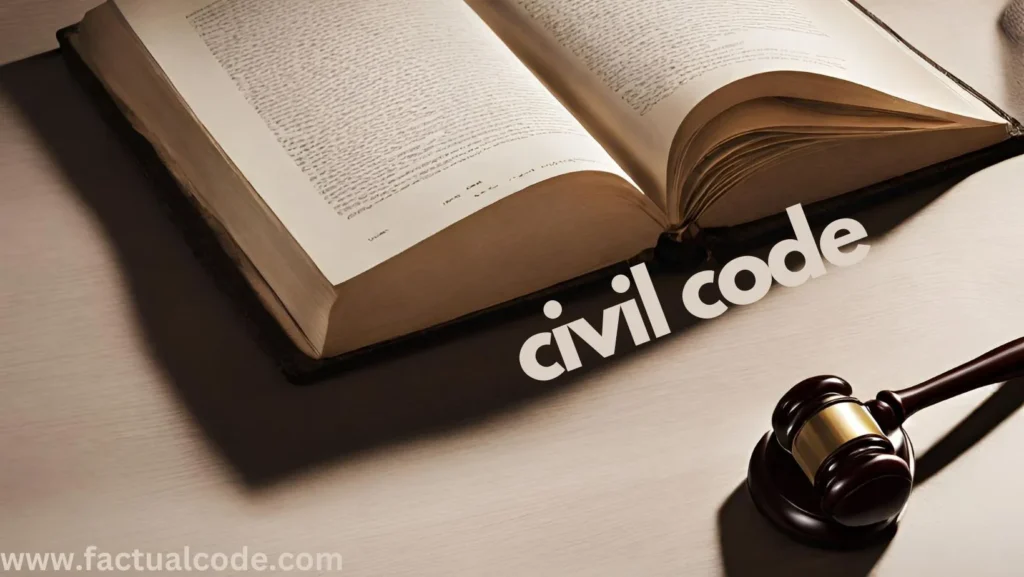Introduction ✨📜⚖️
In civil court cases, when someone is owed money, they may also be entitled to receive interest on that money. This interest acts as compensation for the time they couldn’t use the funds. The Code of Civil Procedure, 1908 (CPC), specifically Section 34, outlines how and when courts may award interest. This provision grants judges the authority to determine whether interest should be granted and at what rate. 💰⌛🧾
Meaning of Interest 📖💡📊
The CPC does not provide a specific definition of “interest.” Generally, in legal terms, interest refers to an amount paid for the use of another person’s money. It compensates someone who has been unfairly deprived of their money. In Mahabir Prasad v. Durga Dutt, the Supreme Court clarified that interest can be awarded if allowed by law, contract, or commercial custom. 📑🧠⚖️
Statutory Provision: Section 34 CPC 🏛️📘💼
What Section 34 States:
Section 34 allows courts to award interest in two distinct periods:
From the date of the suit’s institution to the date of the decree (pendente lite interest)
From the date of the decree to the date of payment (post-decree interest)
The rate of interest is determined by the court, based on fairness, the nature of the case, and any existing agreements between the parties. 🧾🔍📊
Three Stages of Interest in Civil Suits 📅📈⚖️
Interest Before Filing the Suit (Pre-suit Interest):
Section 34 does not apply to this period.
However, interest may still be claimed if:
It is provided for in a contract
It is authorized by law (e.g., the Sale of Goods Act, 1930)
It is supported by trade customs
It is implied through the parties’ conduct
In Bengal Nagpur Railway Co. v. Ratanji Ramji, the court held that interest cannot be granted solely because of delayed payment—there must be a legal basis. 📜💼📚
Interest During the Suit (Pendente Lite):
Governed by Section 34(1)
The court has the discretion to award a reasonable interest rate
In Mangni Ram v. Dhowat Roy, the court emphasized this discretion
If the dispute involves negotiable instruments, the Negotiable Instruments Act, 1881 (especially Section 79) may apply 🔍💼📅
Interest After the Decree (Post-Decree Interest):
Also covered by Section 34(1)
Generally capped at 6% per annum unless it is a commercial case
The 1976 amendment allowed courts to exceed this limit in commercial matters, provided it does not exceed the contractual rate or prevailing bank loan rates 📈🏛️📝
Judicial Discretion and Limits ⚖️🔧🧾
Courts are not obligated to award interest—it is a matter of judicial discretion.
In State of Bihar v. Mijaj International, the Supreme Court reaffirmed the broad powers of courts under Section 34.
In TVC Sky Shop Ltd v. Reliance Communication, courts noted that agreed interest rates are usually honored unless found unfair.
In Union Bank of India v. Chhatarpur Siliment Sales Corporation, it was stressed that interest must be reasonable.
Compound interest is rarely awarded unless explicitly agreed upon or regularly practiced in business, as seen in ONGC v. M.C. Clelland Engineers. 💼📘💡
Special Points 📌📚📍
Interest under Section 34 is distinct from mesne profits, which concern wrongful occupation of property.
Interest is not usually awarded for breach of contract unless the contract allows it.
Courts may grant interest under Section 34 even if it wasn’t claimed in the initial suit.
Constitutional courts under Articles 32, 136, 226, and 227 also possess the authority to award interest as part of equitable relief. 🧾⚖️📜
Important Court Cases 📚🏛️🧠
Union Bank of India v. Chhatarpur Siliment Sales Corporation – Reinforces that interest must be fair and reflect contractual terms
Alok Shankar Pandey v. Union of India – Affirms that interest is part of compensation, not punishment
Rakesh Kumar Jain v. State of U.P. – Allowed 18% interest due to delayed compensation and loss to landowners
O. Sreenivasulu v. P. Santhi – Emphasized that interest must be clearly pleaded and adjudicated 📖📌⚖️
Conclusion 🎯📑💬
Section 34 of the CPC offers an important legal mechanism to ensure that people are fairly compensated in monetary disputes. It empowers courts to award interest based on legal entitlement, fairness, and the specific context of the case. This helps prevent unjust enrichment and ensures justice by compensating those who are wrongfully deprived of money. 📈💼⚖️
References- THE CODE OF CIVIL PROCEDURE, 1908 www.casemine.com Bengal Nagpur Railway Co. Ltd. v. Ruttanji Ramji And Others Mangni Ram V. Dhowat Roy THE NEGOTIABLE INSTRUMENTS ACT, 1881 State Of Bihar (Now Jharkhand) vs Mijaj International on 25 September, 2003 M/S Tvc Skyshop Ltd vs M/S Reliance Communciation & Infra.Ltd on 15 July, 2013 Union Bank Of India vs Chhatarpur Siliment Sales Corporation … on 24 January, 2002 Oil & Natural Gas Commission vs M/S Mc Clelland Engineers S.A on 23 April, 1999 Alok Shanker Pandey vs Union Of India & Ors on 15 February, 2007 Rakesh Kumar Jain & Anr vs State Of U.P.Thr.Collector & Anr on 5 January, 2007 O.Srinivasulu vs P.Santhi

